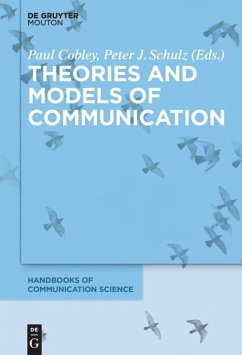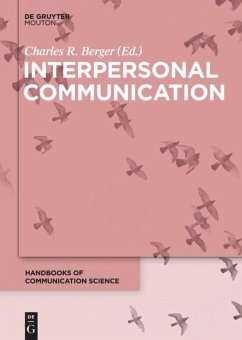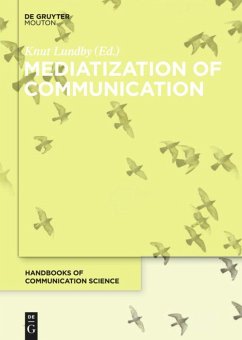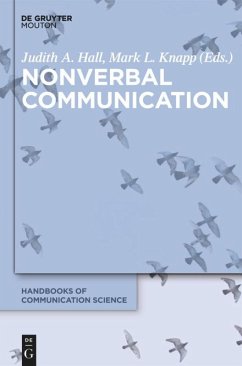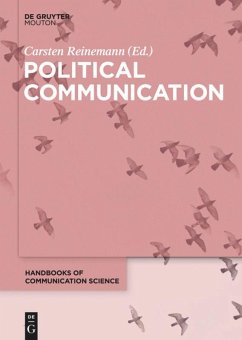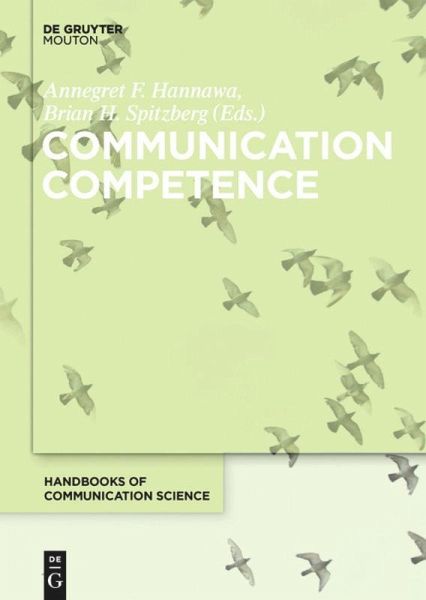
Communication Competence
Versandkostenfrei!
Versandfertig in 1-2 Wochen
165,99 €
inkl. MwSt.

PAYBACK Punkte
83 °P sammeln!
Almost everything that matters to humans is derived from and through communication. Just because people communicate every day, however, does not mean that they are communicating competently. In fact, evidence indicates that there is a substantial need for better interpersonal skills among a significant proportion of the populace. Furthermore, "dark side" experiences in everyday life abound, and features of modern society pose new challenges that make the concept of communication competence increasingly complex.The Handbook of Communication Competence brings together scholars from across the gl...
Almost everything that matters to humans is derived from and through communication. Just because people communicate every day, however, does not mean that they are communicating competently. In fact, evidence indicates that there is a substantial need for better interpersonal skills among a significant proportion of the populace. Furthermore, "dark side" experiences in everyday life abound, and features of modern society pose new challenges that make the concept of communication competence increasingly complex.
The Handbook of Communication Competence brings together scholars from across the globe to examine these various facets of communication competence, including its history, its essential components, and its applications in interpersonal, group, institutional, and societal contexts. The book provides a state-of-the-art review for scholars and graduate students, as well as practitioners in counseling, developmental, health care, educational, intercultural, and human resource management contexts, illustrating that communication competence is vital to health, relationships, and all collective human endeavors.
The Handbook of Communication Competence brings together scholars from across the globe to examine these various facets of communication competence, including its history, its essential components, and its applications in interpersonal, group, institutional, and societal contexts. The book provides a state-of-the-art review for scholars and graduate students, as well as practitioners in counseling, developmental, health care, educational, intercultural, and human resource management contexts, illustrating that communication competence is vital to health, relationships, and all collective human endeavors.




